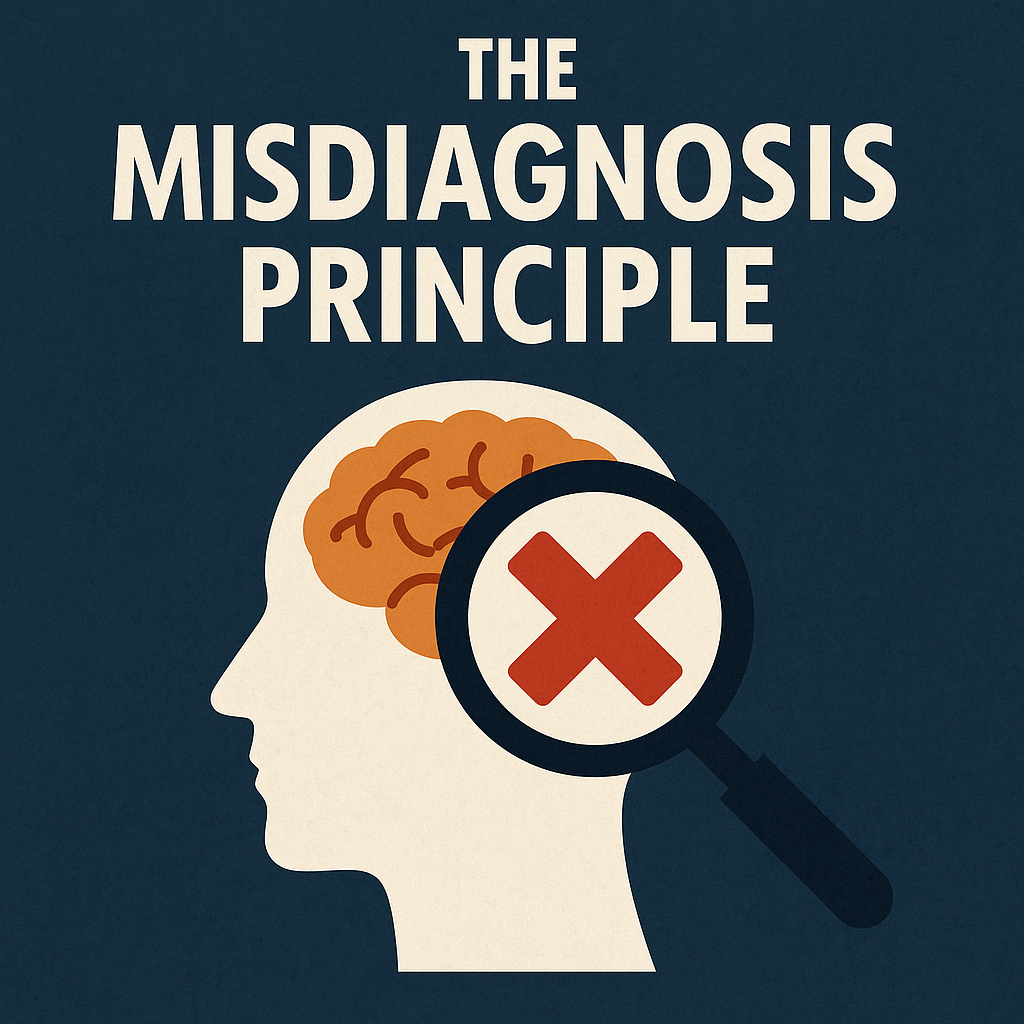Primary and Everyday Greatness
Primary greatness refers to the development of virtues, character, and values that form the foundation of a meaningful and fulfilled life. It is about being a person of integrity, compassion, and service. Everyday greatness is the consistent practice of these virtues in daily life, even in small, seemingly insignificant actions. Together, they emphasize living authentically and contributing to the well-being of others.
Epictetus’ quote, “A man’s true wealth is the good he does in the world,” aligns closely with primary and everyday greatness. It reflects the idea that true success and fulfillment come not from material possessions or external achievements, but from the positive impact one has on others and the virtues one embodies.
Developing Skills, Mindset, and Virtues
To cultivate primary and everyday greatness, one must develop certain skills, adopt a mindset focused on growth and service, and practice specific virtues:
Skills
- Self-awareness: Understand your values, strengths, and weaknesses to align actions with principles.
- Empathy: Actively listen to and understand others’ perspectives to build meaningful relationships.
- Resilience: Develop emotional strength to overcome challenges without compromising values.
- Decision-making: Learn to make ethical and thoughtful decisions that prioritize the greater good.
Mindset
- Purpose-driven: Focus on living for a purpose greater than yourself, such as serving others or contributing to society.
- Growth-oriented: Embrace challenges as opportunities to learn and improve, rather than obstacles to avoid.
- Gratitude: Cultivate appreciation for what you have and the opportunities to make a difference.
- Humility: Recognize your limitations and the interconnectedness of life, remaining open to learning from others.
Virtues
- Integrity: Live consistently according to your principles, ensuring your actions align with your values.
- Kindness: Perform acts of compassion and service, no matter how small.
- Courage: Stand up for what is right, even in the face of difficulty.
- Justice: Treat others fairly and work to create equity in your community.
- Temperance: Practice self-control and balance in your actions and desires.
Secondary Greatness
Secondary greatness refers to external achievements, such as wealth, fame, or professional success. While these can be valuable, they are often fleeting and lack true significance without primary greatness. Secondary greatness becomes meaningful only when it is built on the foundation of virtues and used to contribute to the greater good.
For instance:
- A person with secondary greatness may achieve financial success, but without primary greatness, it can lead to selfishness or corruption.
- If secondary greatness is rooted in virtues, it can amplify one’s ability to do good, such as using wealth to support charitable causes or using influence to advocate for justice.
Epictetus on Primary and Everyday Greatness
Epictetus’ philosophy aligns with primary and everyday greatness by emphasizing virtue, simplicity, and service as the true measures of wealth and success. According to him:
- Virtue is the highest good: Living a virtuous life, marked by wisdom, courage, and justice, is the essence of primary greatness.
- Service is central: Doing good for others creates lasting fulfillment and reflects everyday greatness. It is through small, consistent acts of kindness and service that one accumulates “true wealth.”
- Detachment from externals: Material possessions or status (secondary greatness) are temporary and irrelevant to a meaningful life unless used to benefit others.
Applying Primary and Everyday Greatness
To embody primary and everyday greatness in daily life:
Live by core values: Identify your guiding principles and act in alignment with them.
Serve others: Perform acts of kindness regularly, without seeking recognition or reward.
Cultivate discipline: Practice self-control and consistency in developing virtues and habits.
Reflect daily: Evaluate your actions to ensure they contribute to the good of others and your growth.
By focusing on the good you do in the world, as Epictetus suggests, you build a legacy of primary greatness that transcends fleeting external success, enriching both your life and the lives of others.






